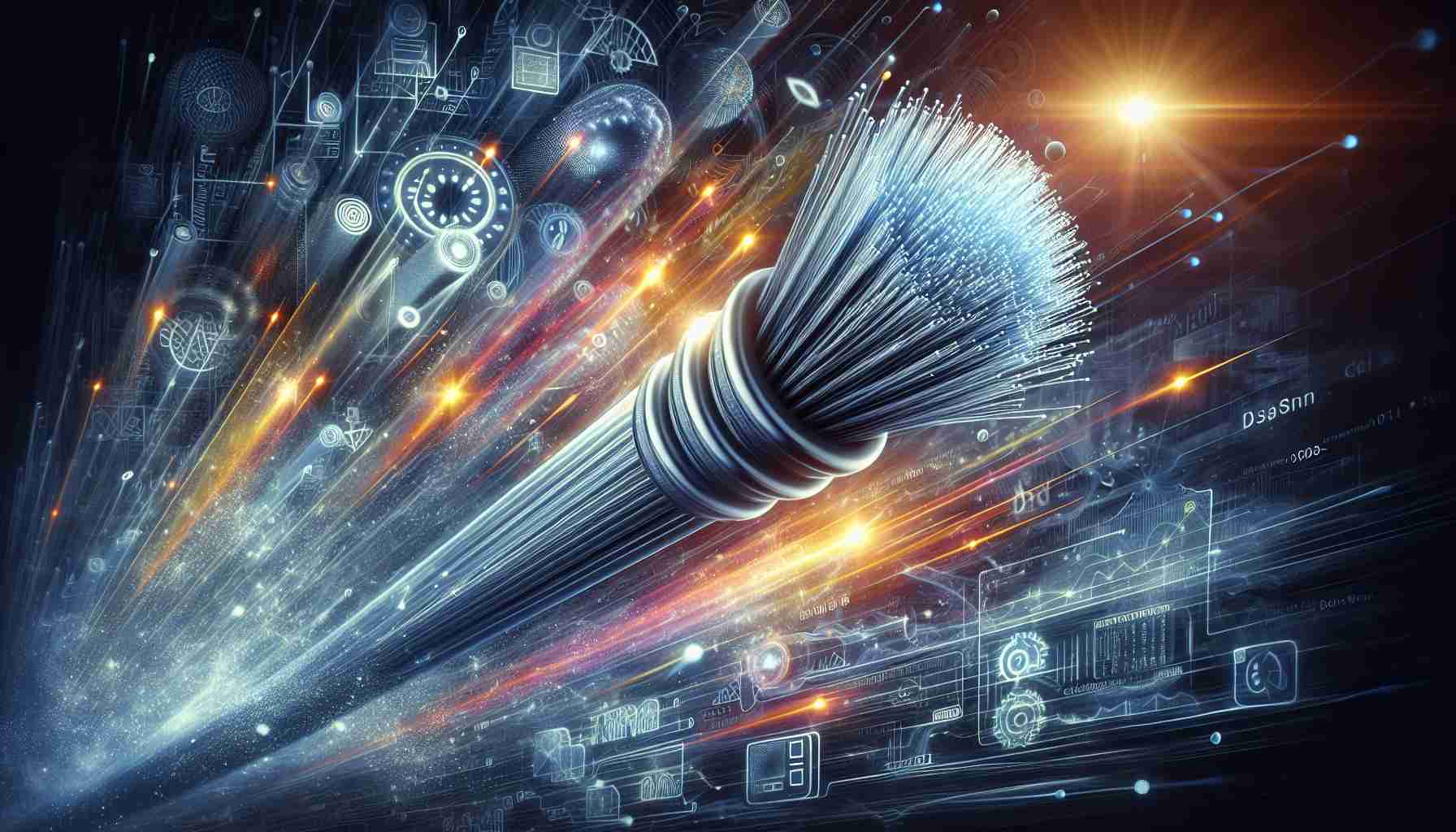Fiber internet has emerged as a leading choice for many consumers seeking high-speed connectivity across the country. Its dominance in the market can be attributed to its remarkable speed, far surpassing traditional options such as cable or satellite internet. For those who have experienced sluggish connections, the allure of fiber’s rapid and reliable service can be tempting.
However, the decision to switch to fiber internet isn’t so straightforward. It largely hinges on the availability of providers in your area, as well as considerations like pricing and installation fees. Interestingly, research indicates that most households typically utilize internet speeds below 600 megabits per second, which raises the question of whether the ultra-fast options offered by fiber providers are necessary for the average user.
Fiber-optic technology harnesses light to transmit data, allowing for symmetrical download and upload speeds. This feature is especially beneficial for users with intensive internet needs, such as gamers or remote workers. Nevertheless, laying fiber cables involves significant investment, making it less accessible in rural regions.
The installation process can vary depending on the existing infrastructure. There are several methods to connect fiber to homes, with direct connections providing the best performance. Despite the increasing popularity of fiber internet, its reach is still limited, as less than half of the U.S. population currently has access to such services. Analyzing factors like availability and pricing is essential for determining if fiber is the right fit for your needs.
The Rise of Fiber Internet: Speed and Efficiency Redefined
In recent years, fiber internet has surged in popularity, heralding a new era in connectivity with its unparalleled speed and efficiency. As households increasingly rely on internet services for work, entertainment, and communication, fiber offers solutions that meet today’s demands. This article delves into the compelling realities surrounding the adoption of fiber internet, addressing vital questions, potential challenges, as well as the advantages and disadvantages associated with its implementation.
Key Questions and Answers
1. What makes fiber internet faster than other types of internet?
Fiber internet uses light signals to transmit data, achieving speeds that can reach up to 1 Gbps or higher. Unlike traditional copper or coaxial cables, fiber optics are less susceptible to interference, ensuring stable and consistent speeds.
2. Is fiber internet available everywhere?
Availability remains a significant barrier. As of now, fiber internet only reaches approximately 42% of U.S. households, with rural areas lagging significantly behind urban centers in terms of access.
3. How does the cost of fiber internet compare to other options?
Initially, fiber internet can be more expensive to install due to the infrastructural changes required. However, as competition increases and providers expand their networks, consumer prices are expected to stabilize or even decrease.
4. What are the environmental impacts of fiber installation?
While fiber internet offers enhanced efficiency and speed, the installation process can disrupt local environments. Digging trenches for cables can impact ecosystems, leading to potential concerns among community members and local governments.
Advantages of Fiber Internet
– Speed and Performance: Fiber internet offers the fastest speeds available, allowing for seamless streaming, gaming, and downloading, which is crucial in today’s digital landscape.
– Reliability: Fiber is resistant to interference from electrical signals, ensuring a more dependable connection compared to cable or satellite internet.
– Symmetrical Speeds: Users benefit from equal upload and download speeds, enhancing functionalities for video conferencing, content creation, and remote work.
Disadvantages of Fiber Internet
– Limited Availability: As mentioned, fiber’s reach does not extend to many rural or underserved urban areas, limiting options for certain consumers.
– High Installation Costs: The initial investment for laying fiber optics can deter newer providers, contributing to a slower rollout in some regions.
– Potential Overkill for Average Users: With many households not utilizing their full bandwidth capacity, the ultra-fast options may be unnecessary for average users.
Key Challenges and Controversies
The roll-out of fiber internet has not been without its controversies. One notable challenge is the conflict between established providers and new entrants seeking to increase broadband availability. Established companies may resist infrastructure changes fearing a drop in their market share, leading to a cyclical effect that slows the spread of fiber networks.
Furthermore, the digital divide remains a pressing issue. As urban areas benefit from advancements in technology, rural communities often miss out, highlighting inequities in access to essential services. Policymakers are increasingly faced with the challenge of balancing private enterprise goals with public interest initiatives aimed at expanding internet access.
In conclusion, fiber internet is revolutionizing the digital experience, providing unmatched speed and reliability that keeps pace with modern demands. While challenges in accessibility, cost, and environmental impact exist, the potential benefits showcase fiber as a vital part of the future internet landscape. For more information on fiber internet and related topics, visit FCC or NCTA.










